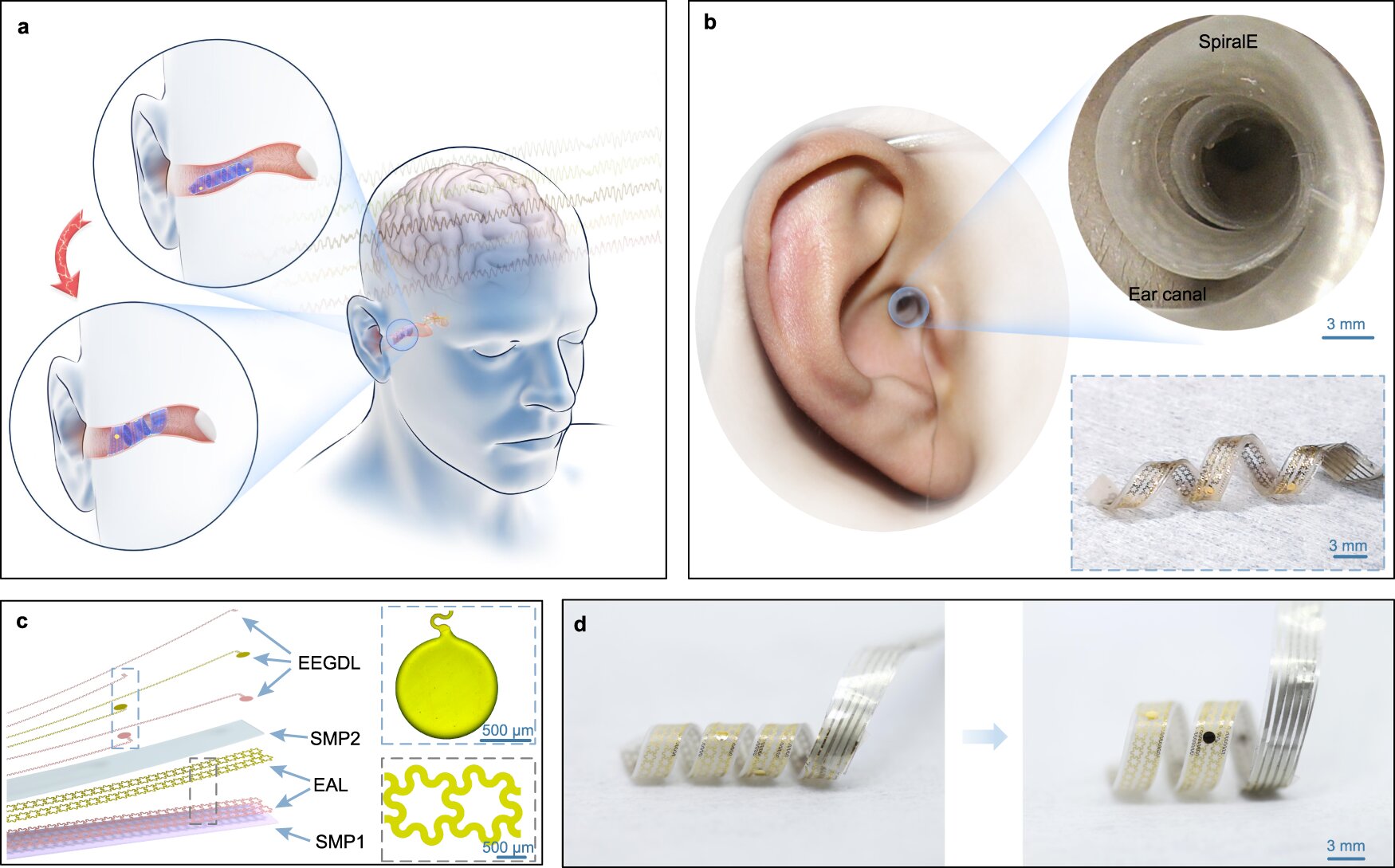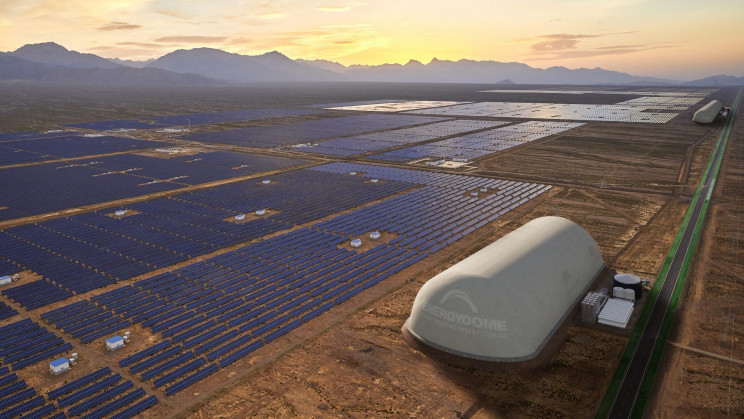Efficient railways play an important role in the socioeconomic development of countries.
Nigeria has received $600 million of what will eventually be billions of dollars to build a 2,000 mile (3,218 km) nationwide high speed rail (HSR) system. The first tranche is a 20 year loan from China’s Export Import Bank to build an 850 mile (1,367 km) section. Eventually the project will cover 54 stations, freight and passenger travel serving the capital Abuja, surrounding areas and most of Nigeria.
Five-hundred million of the loan will go to the railway project and $100 million for Nigeria’s Galaxy Backbone project to improve security in the capital and provide young Nigerians with access to technology.
The railway will take 25 years to build out with north/south lines between Lagos and Kano, Kaduna and Warri and Bauchi and Abuja and Harcourt. There will be three east to west lines as well. Abuja City Centre will be connected to its international airport and to Minna and Kaduna. The system will connect commuter regions around the capital and throughout the country. At this time the Nigerian roadway system is poorly maintained and congested. The new light rail will improve the lives of residents and spur economic growth.
An Ultra Modern Railway System For Maximum Efficiency
Phase I of the project will be the Lagos to Kano line and include tunnels and bridges in between. The railway will adopt international technical standards, including standard gauge steel (1435mm). With the exception of the Abuja to Kaduna section, which will be single track, all other sections will be double track. Maximum running speed is expected to be 93 mph (150 km/h). One hundred and sixty five trains will traverse the railroad each day and carry 169 million tons of freight annually.
The entire system will be digitally operated using fiber-optic cables, radio communication and wireless services located in the Lagos control center. An intelligent Central Traffic Control System (CTC) will allow complete control of computer monitoring, onboard control systems, and LED signal management.
The funding represents the latest in China’s investments in Nigeria and all around Africa in which China will transfer industrial know-how, open new markets and ensure that China gets the most able treatment in trade negotiations.
Additional $500 million loan from China Expected Soon For Airport Expansion
Nigeria expects to close soon on another deal with China to build for airport terminals in Abuja, Kano, Port Harcourt and Enugu.
Nigerian Economy & Development Plan
Nigeria’s population in 2012 was 164 million and is projected to grow to 188 million by 2017. Nigeria’s GDP has been growing at a rate of 5% to 10% over the past decade and is currently about $300 billion annually. Per capita income is $1,657 a year and life expectancy is just 51 years old. Eighty three percent of the population lives on less than two dollars a day.







